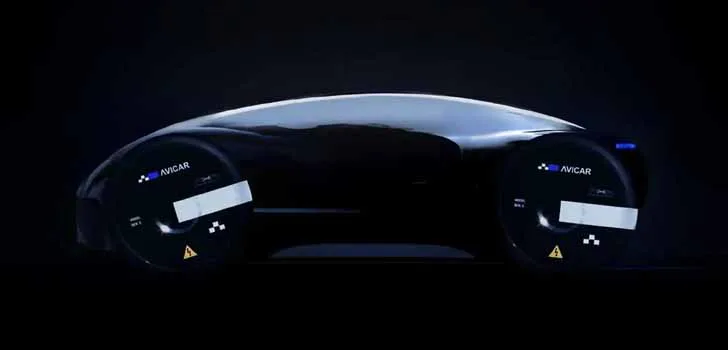Ever since humans began walking the Earth, we’ve had an undying fascination with competition, racing, in particular.
Whether it be running, sailing, riding, driving, we like to compete to see who’s the best or fastest at something.
In addition to the thrill of the competition, there’s a gratifying level of satisfaction which comes with winning.
Bragging rights are the cherry on top of the knowledge that you bested the other competitors.
But regardless of event type, there is something that all races require; competitors need to be physically present.
That is, until now.
Ever since the invention of the automobile, people have been racing them, keeping in-step with humanity’s competition obsession.
But unlike auto races of the past, races of the future may not need a driver to be physically present.
Yesterday, Siemens announced the launch of Avicar, the first private racing league to use Remote Reality on a physical racetrack.
Avicar named Siemens as its technology partner for the project, which also involves race car drivers, designers, and ex-NASA engineers.
According to a press release, Avicar enables drivers to experience and control real sports cars from thousands of miles away.
Siemens will utilize digital twin technology to create simulations and provide insight into vehicle design and race performance.
Siemens says Remote Reality is different from AR or VR, and a truly immersive experience.
“If Formula 1 is F1, Avicar is known in short form as A-0, a representation of the future,” says the Avicar Team in a press release. “A real-world motorsport where drivers sync with physical vehicles from home—a first of its kind. As Wi-Fi, 5G, and satellite speeds have increased dramatically, Remote Reality opens the door to a new world of immersive experiences.”
The system transmits livestream camera feeds from the vehicle to a driver’s headset via high-speeed wi-fi, 5G, or satellite.
Siemens says microsecond real-time reactivity and tactile response makes the driver’s experience as realistic as possible without them leaving home.
According to the company, the technology will allow engineers to push motorsports to new levels.
Siemens says it will work with Avicar through the research and development process to create zero-seat sports cars.
In addition to testing vehicle design and functionality, digital twin technology will help vet drivers before they compete in real vehicles.
The company says the digital twin it creates for Avicar will be the foundation for a new driving simulation environment.
Siemens Advanta North America Chief Executive Rani Shea says they are excited to help Avicar transform motorsports.
“Through the industry’s most comprehensive digital twin technology, Siemens will enable Avicar to accelerate how these vehicles move from concept to production-ready race cars,” says Shea. “Opening up vast opportunities for innovation in design and marketing.”
Siemens says Avicar will introduce membership keys and the first eleven zero-seat electric sports cars for the global private race league’s upcoming season.

